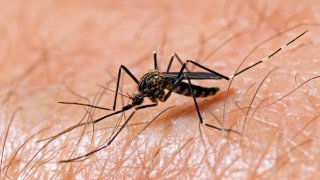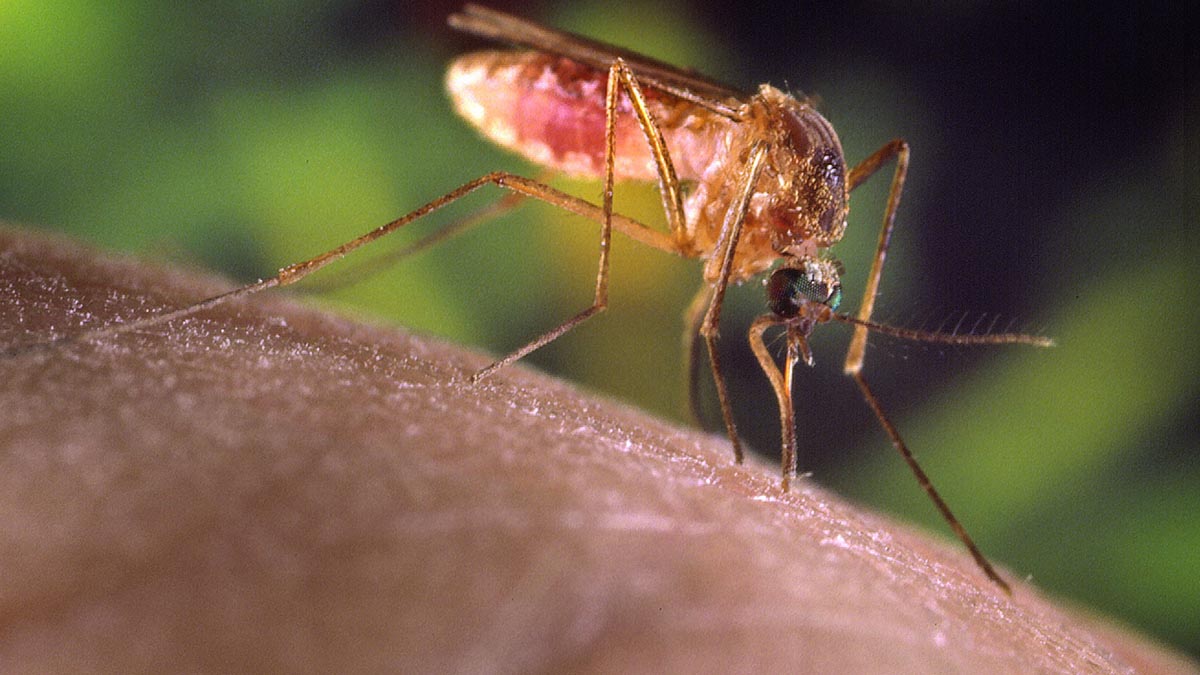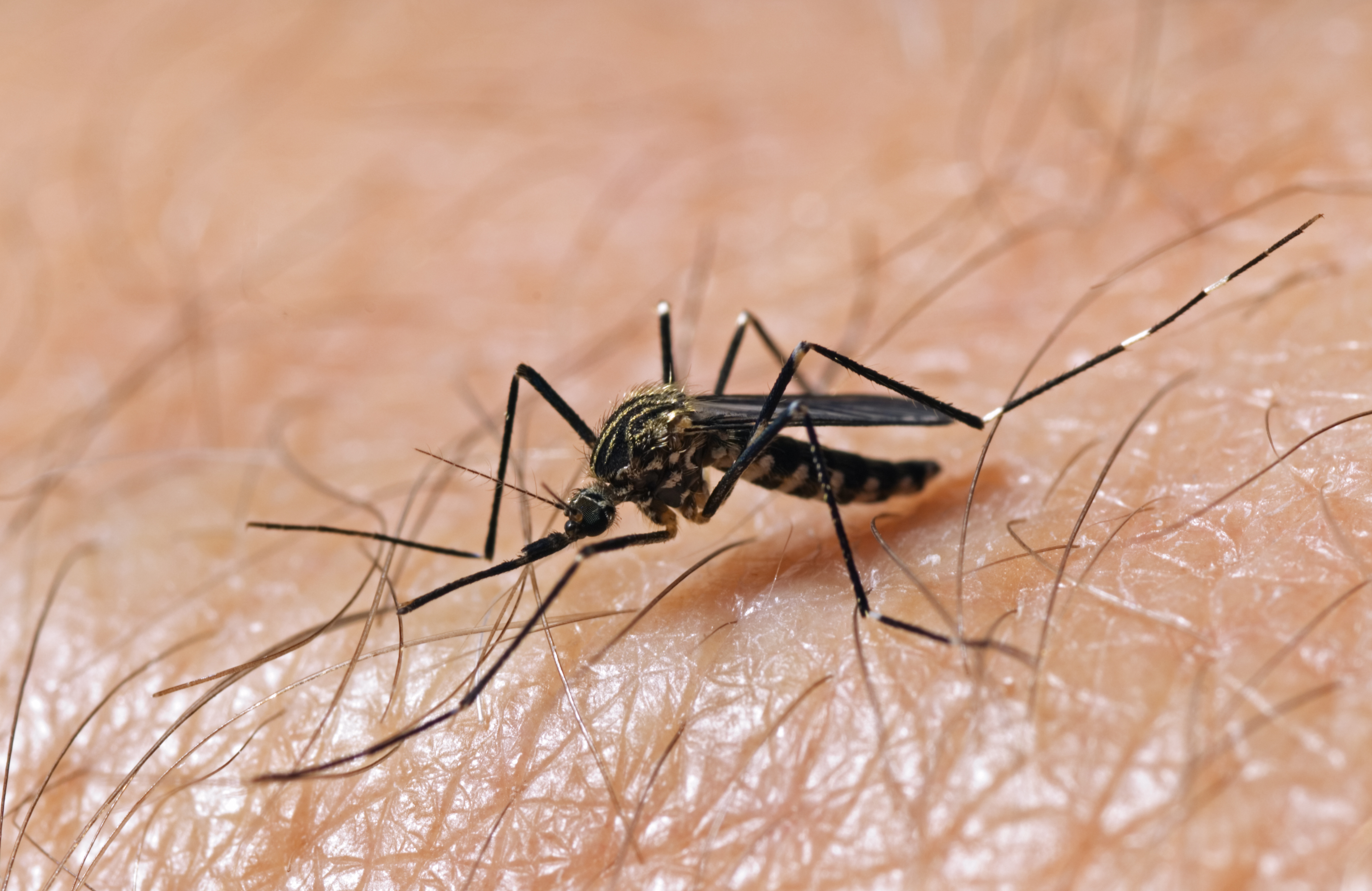
A second case of West Nile Virus has been found in Camden County, New Jersey, health officials announced.
A positive laboratory test result for the virus was reported to the Camden County Department of Health and Human Services this week launching an investigation.
“The best way to avoid West Nile virus, is to avoid mosquito bites altogether. To do so, residents should wear long sleeved shirts and pants when possible, use bug spray and take steps to control mosquitos on their property by removing standing water,” Commissioner Virginia Betteridge, liaison to the Health Department said in a statement. “The Mosquito Control Commission have also completed additional spraying, treating, trapping, and mosquito testing in the area.”
Health officials said that in most cases, WNV causes asymptomatic infection or a mild to moderate illness, typically with a fever. However, people over the age of 50 with a weak immune system are at greater risk for developing severe illness.
Get top local stories in Philly delivered to you every morning. Sign up for NBC Philadelphia's News Headlines newsletter.
Those who develop a more severe form of the disease could experience severe headaches, high fever, neck stiffness, stupor, disorientation, coma, tremors, convulsions, muscle weakness, and paralysis. West Nile virus can even lead to death.
Symptoms of West Nile virus can often be confused with COVID-19 or other common illnesses.
To protect yourself and your loved ones from the virus, officials urge everyone to use insect repellents with one of these active ingredients:
- DEET
- Picaridin (known as KBR 3023 and icaridin outside the US)
- IR3535
- Oil of lemon eucalyptus (OLE)
- Para-menthane-diol (PMD)
- 2-undecanone
As of Sept. 10, there have been 15 cases of the virus in New Jersey for 2024, according to the Camden County Department of Health and Human Services.
For more information on West Nile Virus, you can click here.




